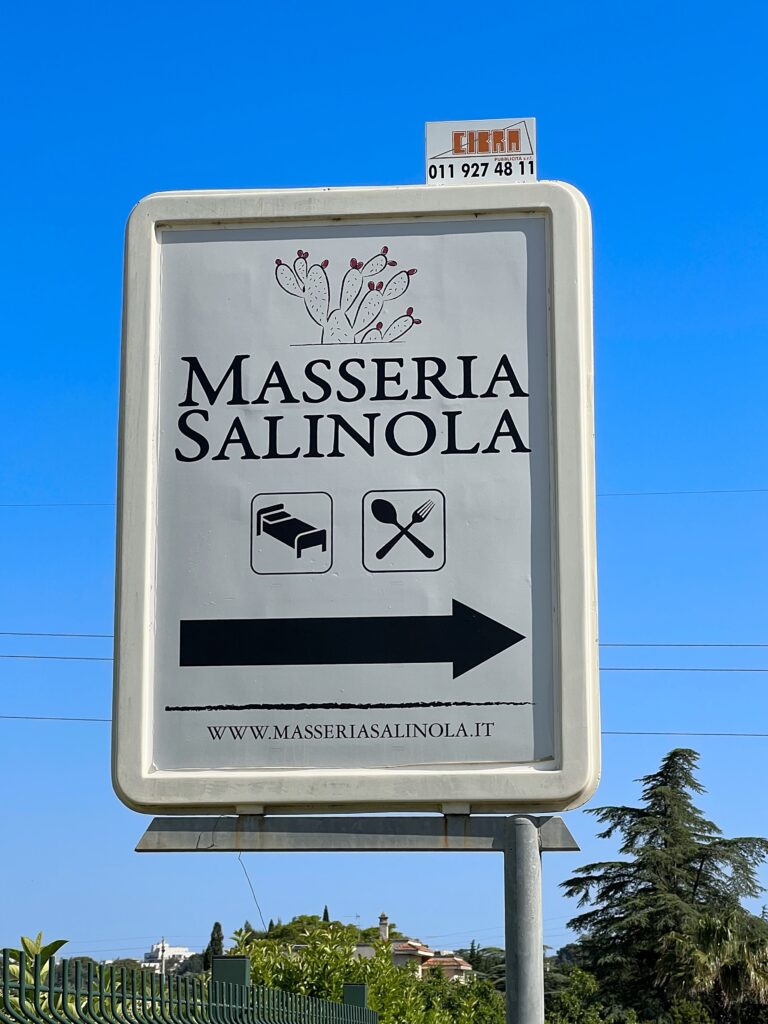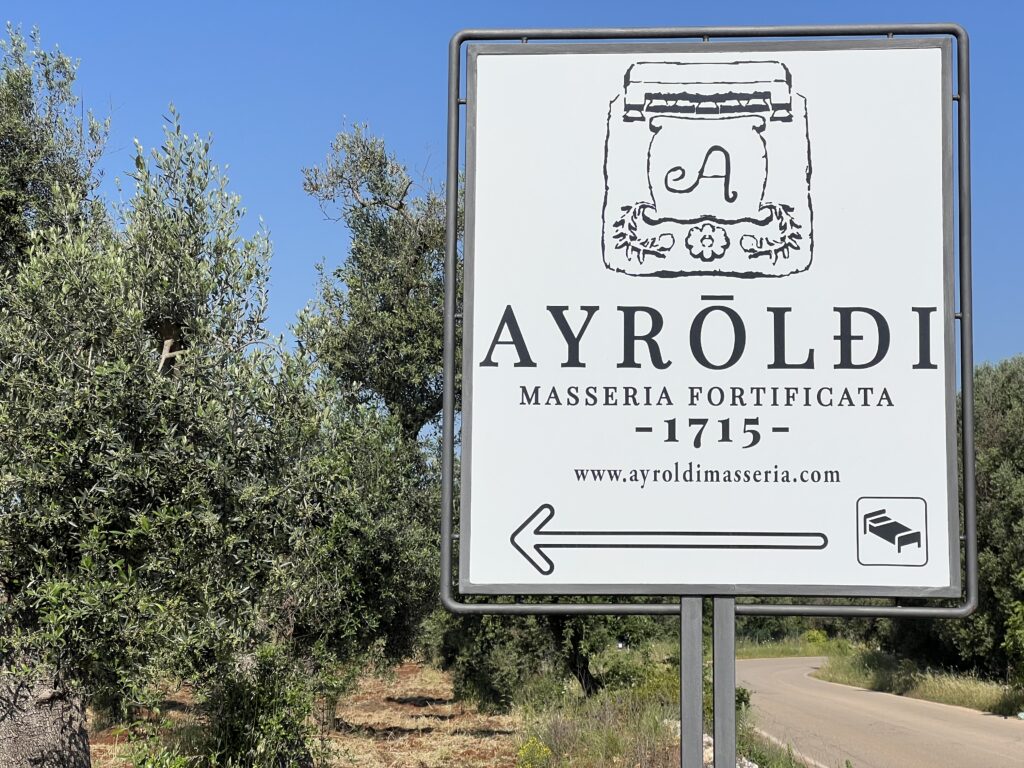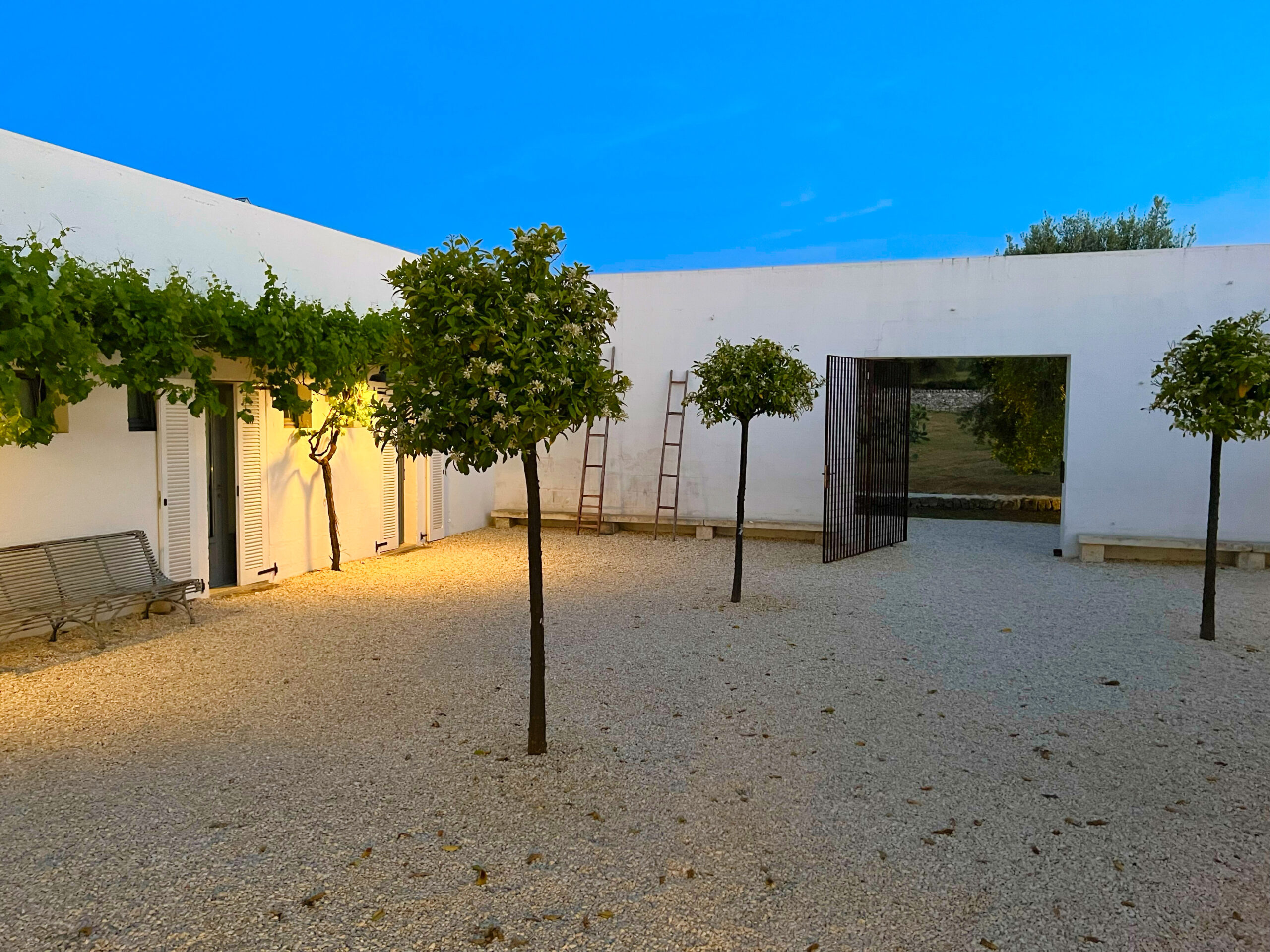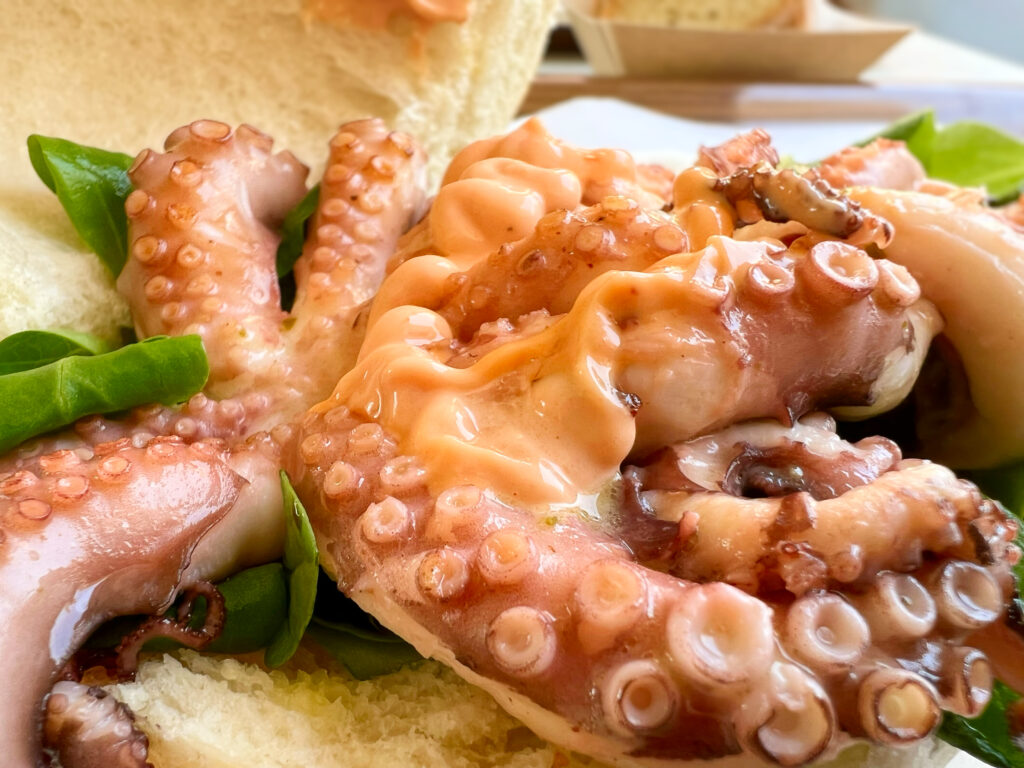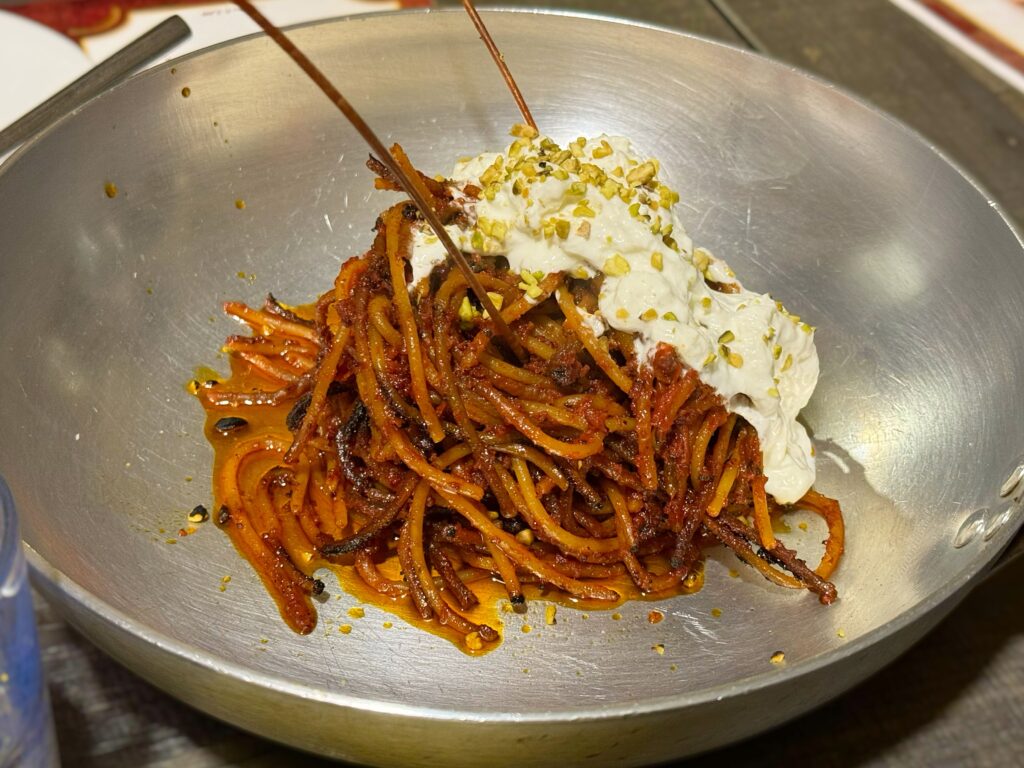Puglia’s Masserie (one Masseria, two Masserie) are monuments to the historic dangers of life in Puglia. Strategically located far inland these fortified farmhouses were as much a defence against foreign invaders and North African slave-raiders as they were from local bandits and starving peasants. Nearer the sea, they were often built on higher ground to avoid malaria and at times served as gated communities to keep out the plague.
The origins of Masserie can be traced back to the Middle Ages, providing shelter and protection. The structures were fortified with thick limestone walls, watchtowers, and solid gates, creating a refuge for local farmers and their families. Some were even defended by armed guards, with battlements and cannons.
Their architecture structures reflects a fusion of influences, ranging from Byzantine and Norman to Gothic and Renaissance. Ornate courtyards, elegant arches, and vaulted ceilings showcase the craftsmanship of a bygone era, while secret underground passages and concealed chambers add an air of intrigue. More than fortified farmhouses, they provided stronghold storage for agricultural produce. Some even took on the role of villages during grape and olive harvest times sheltering communities of farm workers who otherwise lived in the cities; nearly every masseria had an olive and wine press.
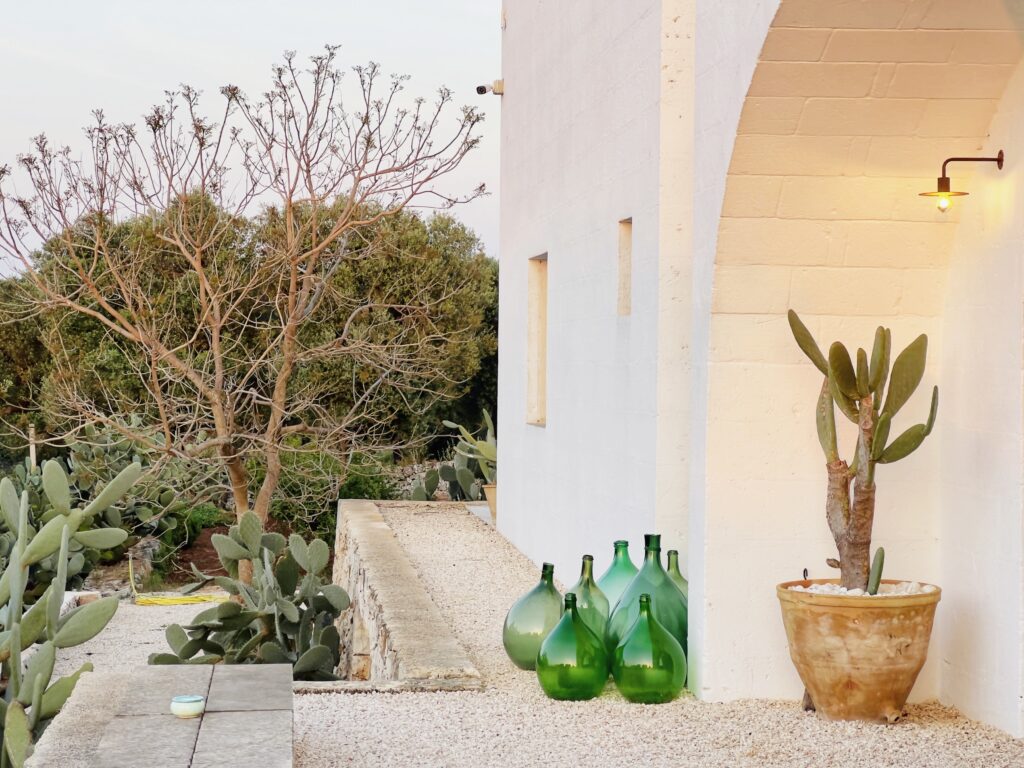
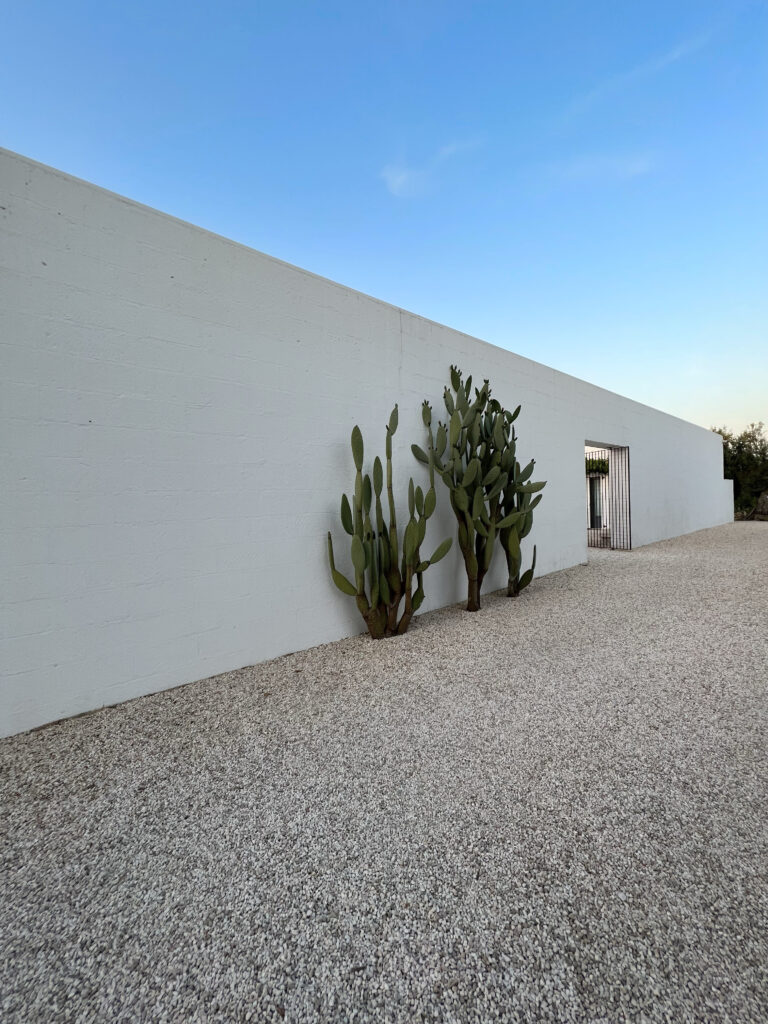
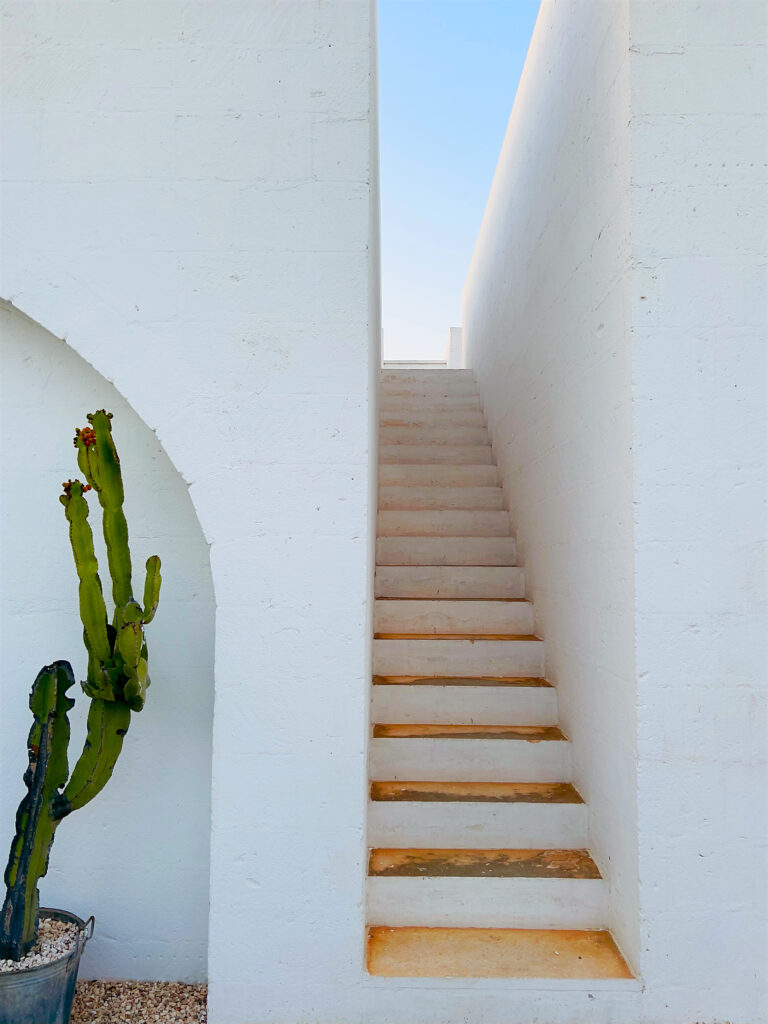
Beyond their architectural magnificence, Masserie serve as gateways to Puglia’s agricultural heritage. Within their walls were olive groves, vineyards, and orchards, they were once the heart of agricultural activities. Many Masserie continue this tradition, producing olive oil, wine, and other local specialities.
Masserie also offer glimpses into the intricate social fabric of Puglia’s history. Many Masserie were not only places of residence and work but also centers of community life. Step into the grand salons and spacious courtyards where villagers gathered for celebrations, weddings, and festivals. The communal ovens, once the heart of the Masseria, evoke memories of shared meals and the aromas of freshly baked bread.
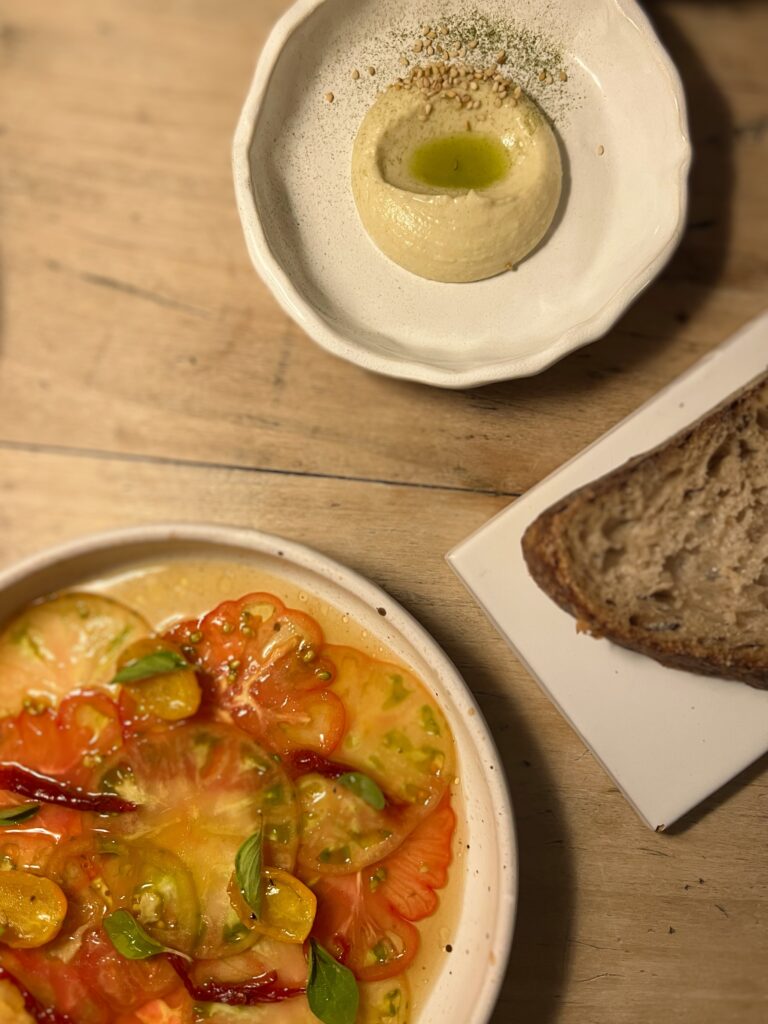
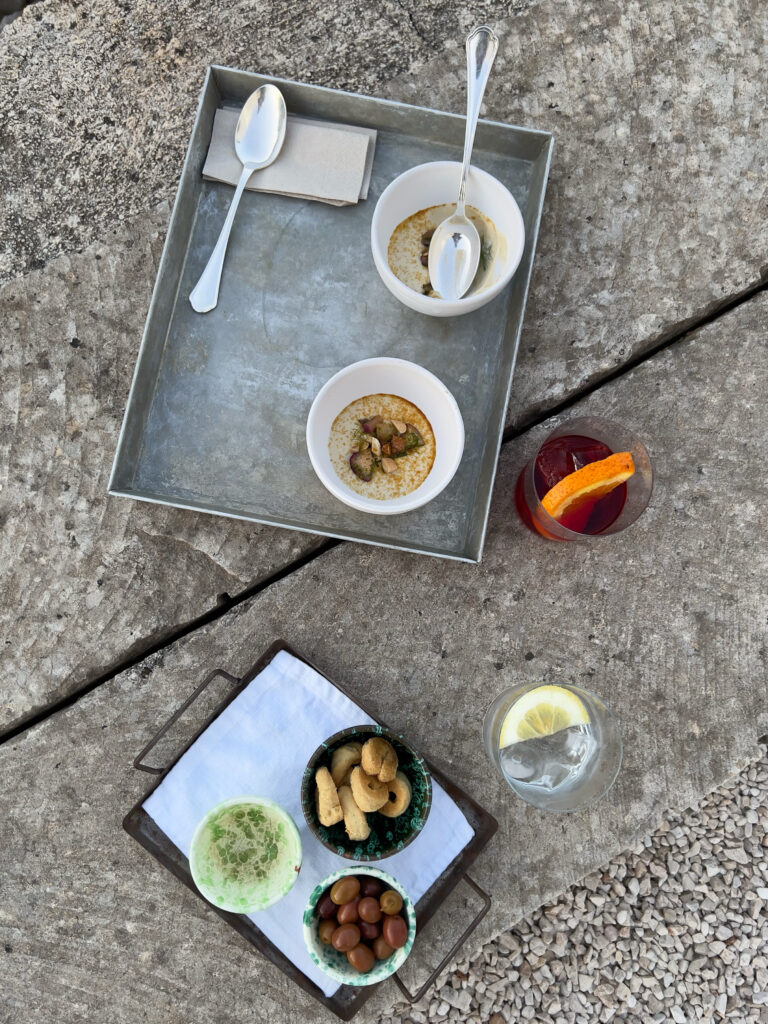
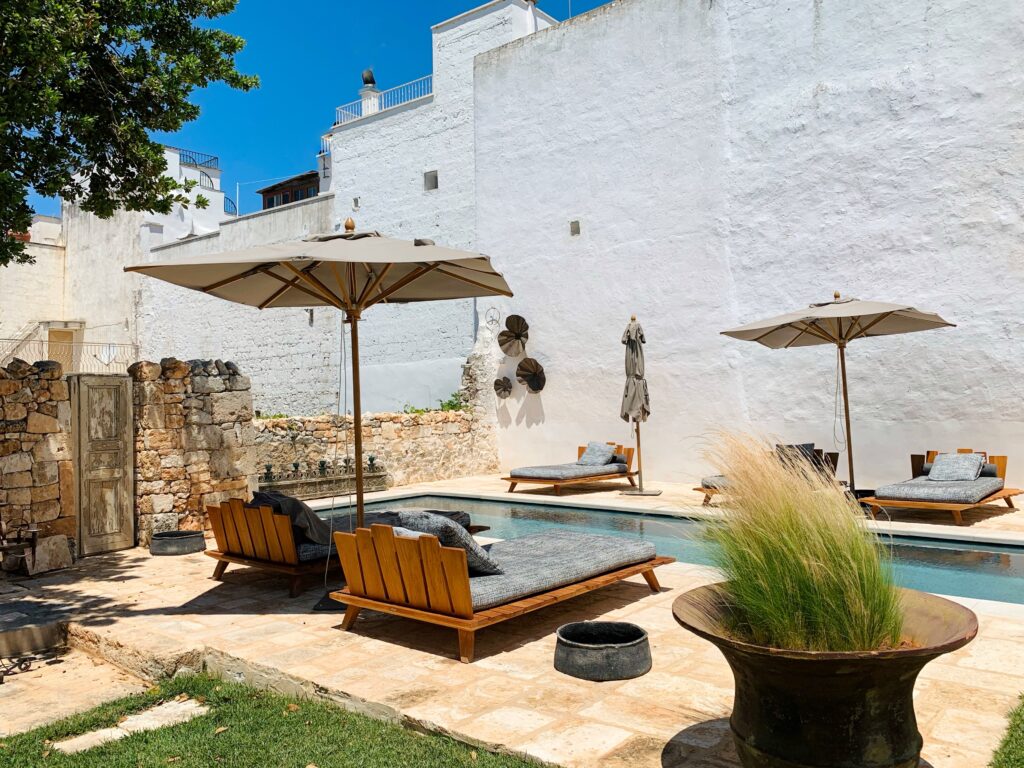
Each Masseria would usually include comfortably furnished quarters for the massaro – the steward who ran the estate for its absentee landlord – from which the name is derived. It would be unusual for the owner to visit such dangerous countryside, let alone resident; if the bandits didn’t get you whilst travelling there, the risk of raids by starving peasants or North African slave raiders was ever present.
Many Masserie were built on the same plan. Visiting Puglia in 1817 the Scottish writer Charles Macfarlane, known as much for his historical and travel works as he was for his novels, wrote:
“A square wall of enclosure, sufficiently high and solid, generally surrounds the dwelling-house, built against one side, and containing three or four large habitable rooms, and sometimes a small chapel. The vast stables, granaries, and out-houses, within the walls, form a right-angle with this dwelling-house, but without touching it. In the midst of the enclosure, at some distance from the surrounding walls, rises a round or square tower of two storeys, standing quite alone. The ascent to the upper storey is either by stone steps, inserted in the tower, or by a drawbridge, or by a ladder easily drawn up into the tower”.
Nevertheless every Masseria has its own unique story to tell, with each bearing the marks of the families who lived and laboured within their walls. Many Masserie have been thoughtfully transformed into boutique hotel-like accommodation, while others continue to operate as working farms, perpetuating Puglia’s farming traditions.
The Masseria experience is not merely a stay; it is an invitation to become part of the narrative, to walk in the footsteps of those who came before.
A Masseria is not a Villa!
Puglia’s strategic location meant that it was prone to invasion. Puglia was conquered by Greeks, Romans, Ostrogoths, Byzantines, Normans, Aragonese, and French. Many of their influences can still be seen today. Raiding boats from North African slave traders were not uncommon and on the roads, bandits were a hazard.
Masserie were originally designed as fortified agricultural estates or farmhouses. They were self-sufficient units with residential areas for the landowner and their family as well as spaces for agricultural activities such as farming, winemaking, and olive oil production. Masserie often included storage areas, stables, and facilities for processing and preserving agricultural products. Defensive walls provided protection against invaders, self-sufficiency a lifeline against siege.
Villas, typically found in northern Italy, are large country houses or estates primarily used as secondary residences for affluent families. Villas were associated with the leisure and luxury of the upper classes.
All about oil
When Brindisi was the centre of the Universe Puglia’s olive oil was one of the most valuable commodities traded and sent forth on Roman ships. While many can be traced to the Middle Ages, some Masserie go back to Roman times.
Olive oil wasn’t used as a foodstuff. It was used as a balm, to soothe the aching muscles of athletes, soldiers and in the Roman spas. It was used as the base of perfumes. But most importantly it was used in lamps for lights. Brindisi’s Museo archeologico “Francesco Ribezzo” displays many perfume bottles and oil burning lamps from the time of antiquity. Olive oil was as valuable then as crude oil is today.
As rich Roman nobles and senators purchased land and estates for olive cultivation, the protective walls of Roman Masserie were a means to protect their most valuable assets – olive trees and the oil production. The Masseria where Dannii Minogue’s I Kissed A Boy and I Kissed A Girl series are filmed still has its own underground olive press, typical of these times. Masseria Brancati similarly located on the outskirts of Ostuni is another fine example of a typical Masseria providing accommodation, produce with an underground olive press. It was also a film location in the 2020 Sophia Loren film “The Life Ahead”.
